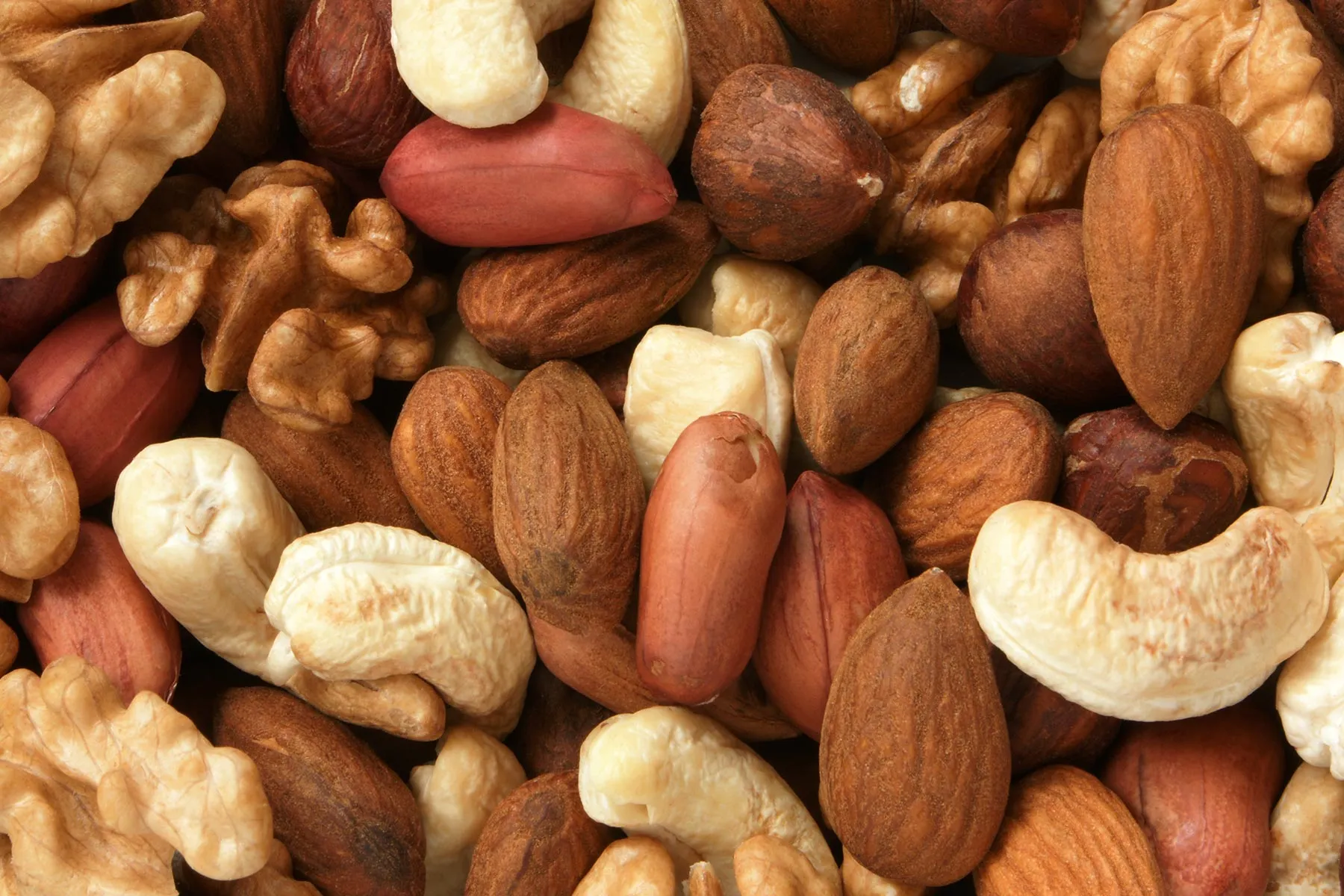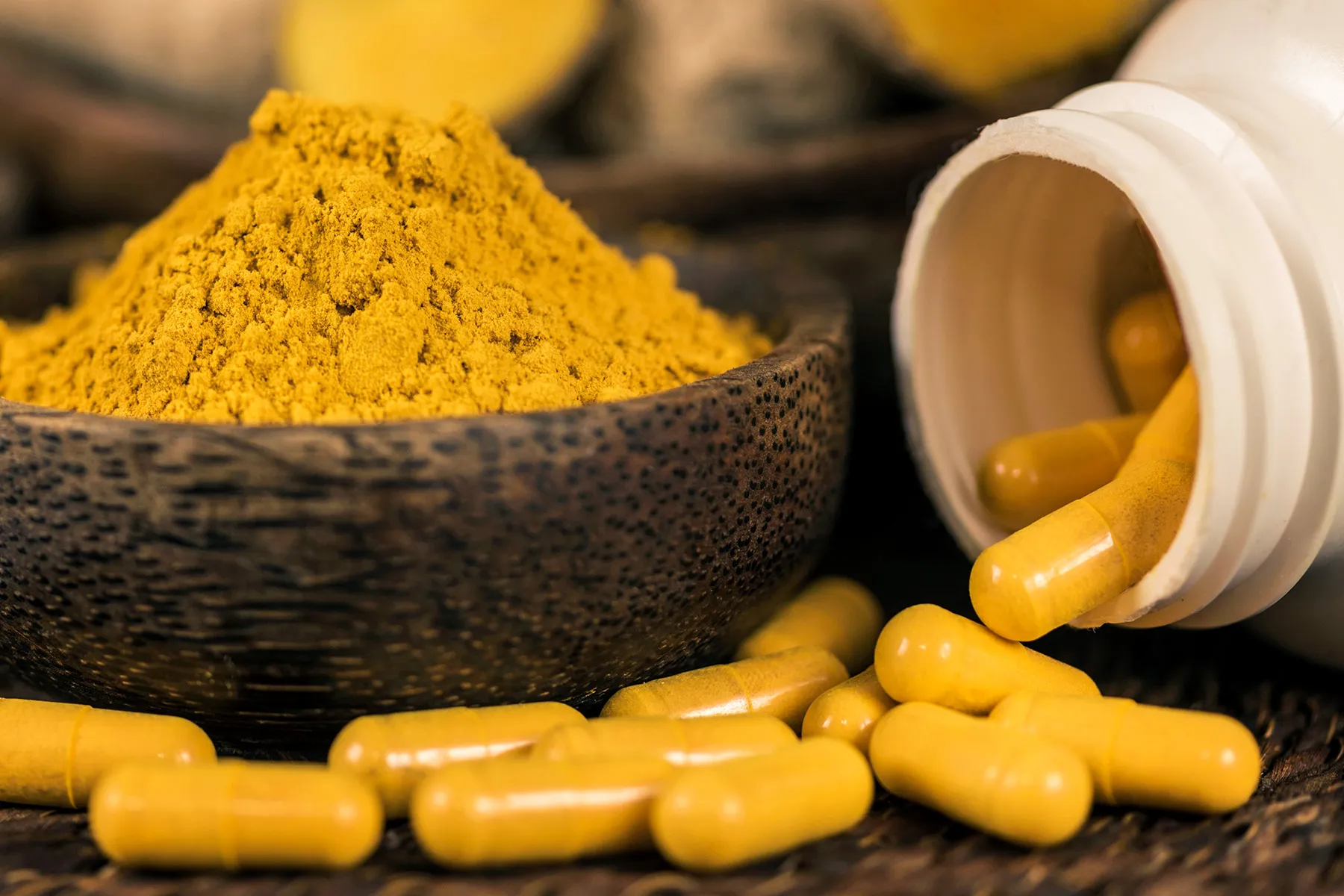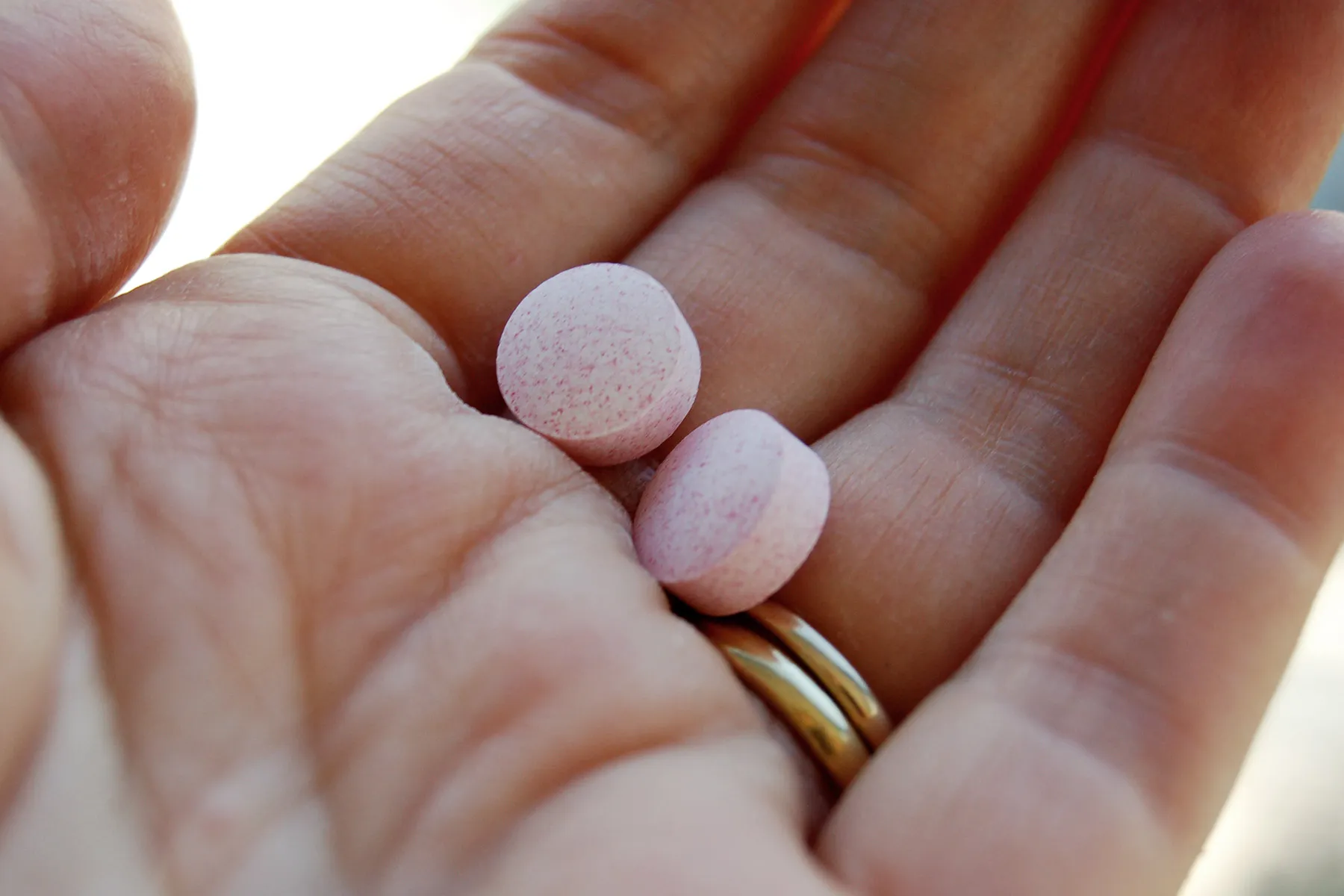What Are The Best Supplements For Memory And Focus?Certain vitamins and fatty acids have been said to slow or prevent memory loss. The long list of potential solutions includes vitamins like vitamin B12, herbal supplements such as ginkgo biloba, and omega-3 fatty acids. We will discuss how a supplement can really boost your memory and focus.
Contents
- How a brain supplement improves cognitive function and human memory depends on the ingredients.
- Some ingredients increase neurotransmitter activity, while others regenerate brain tissue, trigger alpha wave activity, or increase blood circulation in the brain.
What Is The Best Vitamins To Take For Memory?
- Vitamin B-12 helps maintain healthy nerve cells and red blood cells.
- Vitamin B-12 deficiency — most common in older adults and vegetarians — can cause various signs and symptoms, including memory loss.
- In these cases, vitamin B-12 supplements can help improve memory.
https://bestipsdaily.com/best-pre-workout-supplement-2021-for-body-building-and-weight-loss/
How Do Brain Supplements Work to Improve Brain Function?
Unlike a single-ingredient supplement, most brain supplements contain Ginkgo Biloba, Omega-3 fatty acids, and Bacopa monnieri which can:
- Improve multitasking capabilities
- Enhance learning capabilities
- Prevent mental burnout
- Aid neurogenesis
- Fight stress
- Relieve anxiety
- Enhance creativity
- Alleviate depression
- Improve mood
- Relieve oxidative stress
What vitamin helps with focus and memory?
A:Vitamin C
- A study that included 80 healthy adults found that those with adequate blood levels of vitamin C performed significantly better in tests assessing memory, attention, reaction time, and focus than those with low vitamin C levels ( 32 )
Supplements For Memory And Focus
10 Ways To Improve Your Memory Naturally
Exercising your mind and body, enjoying a quality piece of chocolate and reducing the amount of added sugar in your diet are all excellent natural techniques to improve your memory.
Try adding a few of these science-backed tips to your daily routine to boost your brain health and keep your memory in top condition.
- Exercise More
- Eat Less Added Sugar. …
- Get Your Vitamin D Levels Tested
- Try a Fish Oil Supplement. …
- Make Time for Meditation. …
- Maintain a Healthy Weight. …
- Get Enough Sleep. …
- Drink Less Alcohol. …
- Train Your Brain.
- Cut Down on Refined Carbs
What vitamins help maintain focus?
- Vitamin D3 and B vitamins. D3 helps to boost your concentration levels.
- It’s key for healthy nerve function and overall functioning of your body and maintenance.
- B vitamins, in general, are well known for improving energy, focus, and alertness
Can vitamin D improve memory?
- Vitamin D3 (Vit D), is able to cross the blood–brain barrier (BBB) and its receptors are widely distributed in the central nervous system. It has been shown that Vit D supplementation improves cognitive performance, more significantly attention and memory14.
- Older adults with low vitamin D levels – and that accounts for most of them – may lose their memories and thinking abilities faster than those with normal vitamin D levels, researchers say.

Best Vitamins And Supplements For Memory And Concentration
Here, we discuss what recent clinical studies have to say about vitamins and memory loss.
1.B Vitamins
- B vitamins like B6, B12, and B9 (folic acid) all play a role in brain health.
- But unless you’re low on them or pregnant (folic acid is a must to prevent birth defects), a supplement is unlikely to help. If you’re at high risk for Alzheimer’s, ask your doctor.
- Some research shows that people at high risk might benefit from B supplements. But most others should stick with food sources like leafy greens.
- Scientists have long been researching the relationship between low levels of B12 (cobalamin) and memory loss. However, if you get an adequate amount of B12, there is no evidence that higher intake has positive effects.
- B12 deficiency is most common in people with bowel or stomach issues, or strict vegetarians. The risk of B12 deficiency also increases with age. This is due to the increased prevalence of low stomach acid in older adults.
You should be able to get enough B12 naturally, as it’s found in foods such as fish and poultry. Fortified breakfast cereal is a good option for vegetarians.
However, people with certain medical conditions, those who are on certain medications, or people who have low stomach acid may not be able to properly absorb B12 from food and may need a dietary supplement to maintain adequate levels.
According to the National Institutes of Health, Vitamin B-12 is needed for DNA synthesis and neurological function, plus the proper formation of red blood cells. They also note that poor memory can be a result of Vitamin B-12 deficiency, in addition to dementia, confusion, and depression.
2.Vitamin E
- There is some evidence to suggest that vitamin E can benefit the mind and memory in older people. A 2014 study in the journal JAMA found that high amounts of vitamin E can help people with mild to moderate Alzheimer’s disease.
- Participants took doses of 2,000 international units (IU) per day. However, this amount may be unsafe for certain people, according to Dr. Gad Marshall of Harvard Medical School.
- Taking more than 400 IU a day is especially risky for people with cardiovascular disease, especially for those on blood thinners. Some studies have shown that supplemental vitamin E may increase the risk of prostate cancer.
Regardless of your age or condition, you should be able to get enough vitamin E from your food. Ask your doctor if you’re interested in additional amounts. Vitamin E deficiency is rare, although it may occur in people on low fat diets.
The vitamin is found in:
- nuts
- seeds
- vegetable oils
- vegetables, such as spinach and broccoli
This antioxidant combats free radicals, including those that may damage brain cells.
Experts say most healthy people should stick with food sources like nuts, seeds, and vegetable oils.

3.Ginkgo Biloba
- Modern research has found that ginkgo supplements probably won’t protect your memory. Although some studies have suggested there might be benefits, the most well-designed trials — notably the Ginkgo Evaluation Memory study that included 3,000 older adults — showed that ginkgo doesn’t prevent or slow dementia.
- When it comes to ginkgo biloba, both older and more recent studies concur:
- The supplement doesn’t seem to slow memory loss or prevent the risk of Alzheimer’s disease.

4.Omega-3s
- The traditional Mediterranean diet, which includes omega 3-rich-fish, is linked to a lower risk of dementia.
- Large studies (including one sponsored by the National Institutes of Health) haven’t proved that. One possible exception: People with the APOE4 gene mutation, which is tied to Alzheimer’s, might benefit if they start taking the supplements early enough, a 2017 review shows.
- There isn’t much evidence to suggest a relationship between omega-3 and memory, either. However, research is currently in progress.
- A 2015 study found that taking supplements with docosahexaenoic acid (DHA) and eicosapentaenoic acid (EPA) resulted in significant improvements in episodic memory outcomes in adults with memory concerns.
- DHA is one main type of omega-3 fatty acid, and EPA is another. DHA and EPA are most concentrated in seafood such as salmon and mackerel.
5.Ginseng

- Often used along with ginkgo, ginseng is another popular supplement that hails from Asia. As with ginkgo, some studies have suggested that ginseng might be a potent brain booster.
- But the evidence didn’t hold up when scientists homed in on the best-quality research:
- A review of several trials concluded there’s “no convincing evidence” that ginseng will protect your mental skills.
6.Curcumin

- Found in turmeric (an ingredient in curry powder), curcumin has been hailed for its antioxidant powers.
- A UCLA study found that people who took curcumin fared better on memory tests and had less buildup of abnormal proteins in their brains.
- But this study only included 40 people, and other research hasn’t found this result, so more studies are needed.
7.CDP-choline
- CDP-choline isn’t sold as a dietary supplement. Instead, it’s a prescription drug.
- According to researchers who reviewed 14 studies, there’s decent evidence that it can benefit memory in elderly people who already have memory problems.
- But whether it can prevent them in healthy people isn’t clear.
- Ask your doctor if you’re thinking of trying it.
Best Natural Ways To Help Your Memory
- It’s valuable to get your dietary vitamins from the food you eat. Supplements can fill in the gaps, but check with your doctor before you go over the recommended daily intake.
- The best way to combat memory decline is to eat well and exercise your body and your brain. The Mediterranean diet is a good source of all the vitamins your body needs.
The Mediterranean diet has been cited as a way to improve memory. The hallmarks of the diet include:
- mostly plant-based foods
- limiting (or completely cutting out) red meat
- eating fish
- using liberal amounts of olive oil to prepare meals
Lifestyle Choices That Harm Memory
- You can improve your brain health by being more mindful of foods and habits that have been shown to damage it.
- Fried food has been linked to cardiovascular system damageTrusted Source, which affects the efficiency of the brain.
Who Are Brain Supplements Best For?
Anyone can use nootropics to improve cognitive performance, including:
Students: Studying is a part of the average student’s daily life, and all that cramming and analytical thinking can easily lead to mental burnout. Students can avoid such issues by using nootropics to provide their brains with the nutrients needed for optimal performance. Nootropics can also support studying by boosting focus, brain capacity to store information, and recall.
Professionals: Entrepreneurs, executives, and other professionals are constantly problem-solving, which puts a lot of strain on the brain. These professionals can use nootropics to prevent mental stress, facilitate creative problem-solving, and boost productivity.
Older People: Individuals above 50 years old can use nootropics to improve memory and improve mood. Older adults will get better results from using nootropics if the supplement contains vitamin D and other nutrients that are needed for a good quality of life.
Athletes: The best athletes are strategic thinkers, competitive, and highly motivated. Brain supplements can support your athletic performance by improving your mood and focus so that your eyes stay on the prize. Athletes can achieve optimal mental and physical health by using nootropic stacks that contain other nutrients that promote good health, such as vitamin C.
If you have a pre-existing health condition or are on medication(s), consult your doctor before using brain supplements. Your doctor will provide medical advice regarding the safety and suitability of nootropics for your health goals.
BOTTOM LINE
While certain supplements might help in some cases, most healthy people don’t need pills to stay sharp. Eating a diet that’s rich in vegetables, berries, whole grains, and fish is a way to support brain health as you age.
Staying physically active, getting enough sleep, taking care of any medical conditions you have, keeping up your social connections, and challenging your mind by being a life-long learner can make a big difference, too. And it’s good for the rest of your body!
Many Alzheimer’s disease risk factors, such as poor diet and a sedentary lifestyle, can be managed. Changing one of these risk factors may help delay the onset of dementia.



